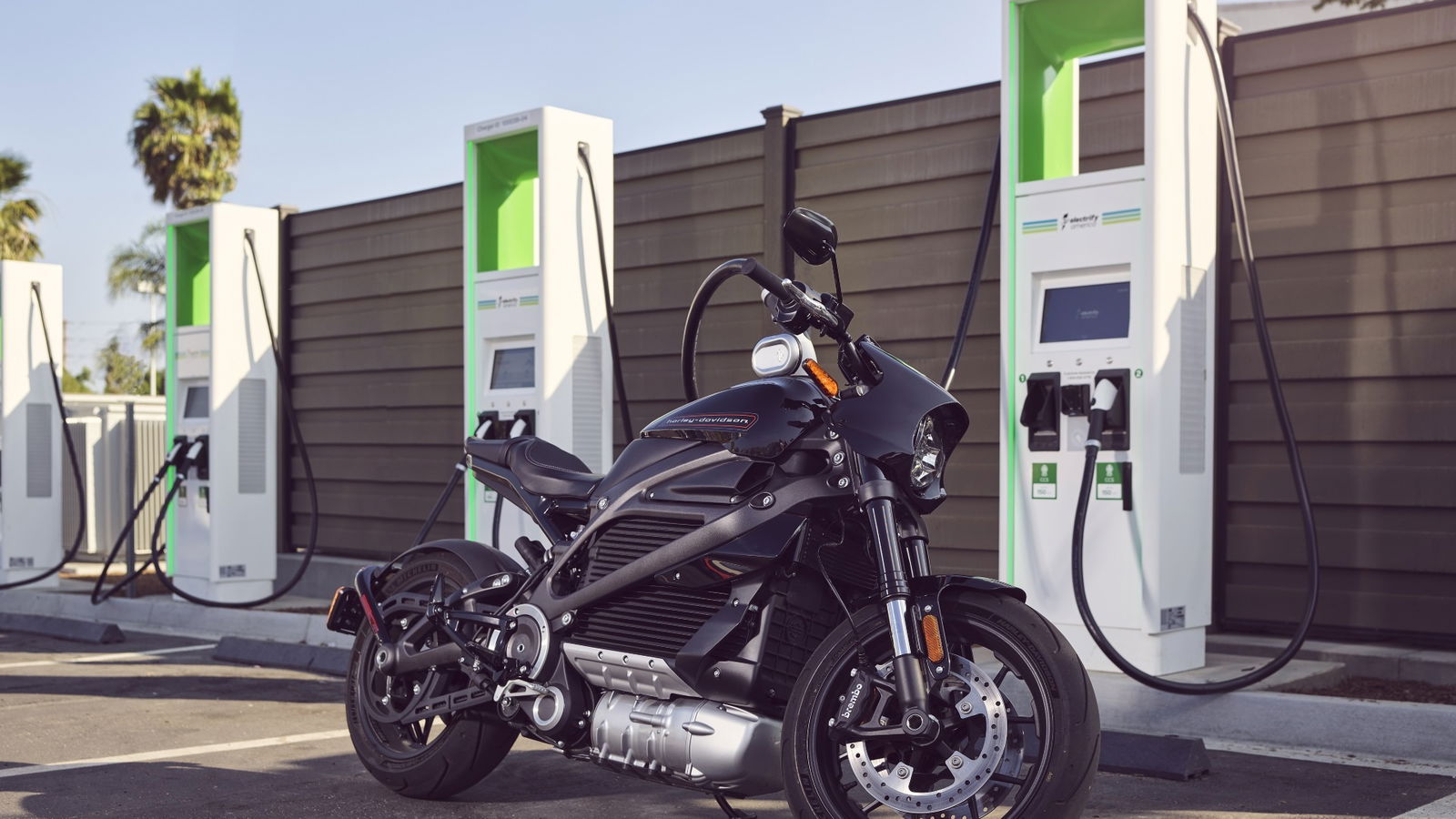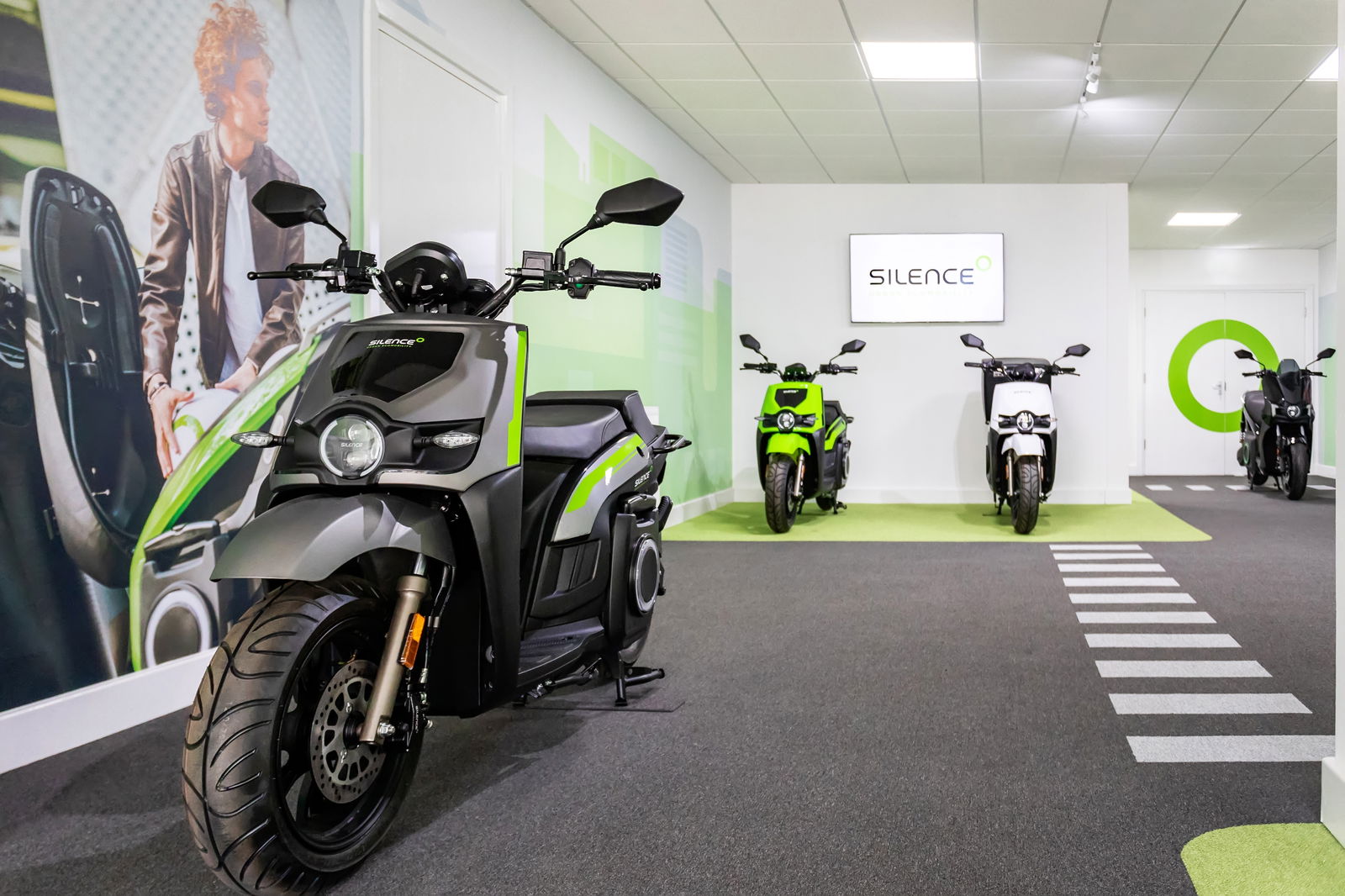Norton partners with government scheme for Zero Emission project
Norton has announced a new electric project for the brand which is in part being funded by a government scheme and include six other partners.

Norton Motorcycles has announced a new electric project that will be part-government-funded and see electric bikes manufactured in the UK.
The project, called Zero Emission Norton, will last for 30 months, and will be funded by the UK government’s Advanced Propulsion Centre (APC) 19, which itself aims to push the UK towards a net-zero automotive industry. The news from Norton comes just a couple of days after its re-engineered V4SV was launched.
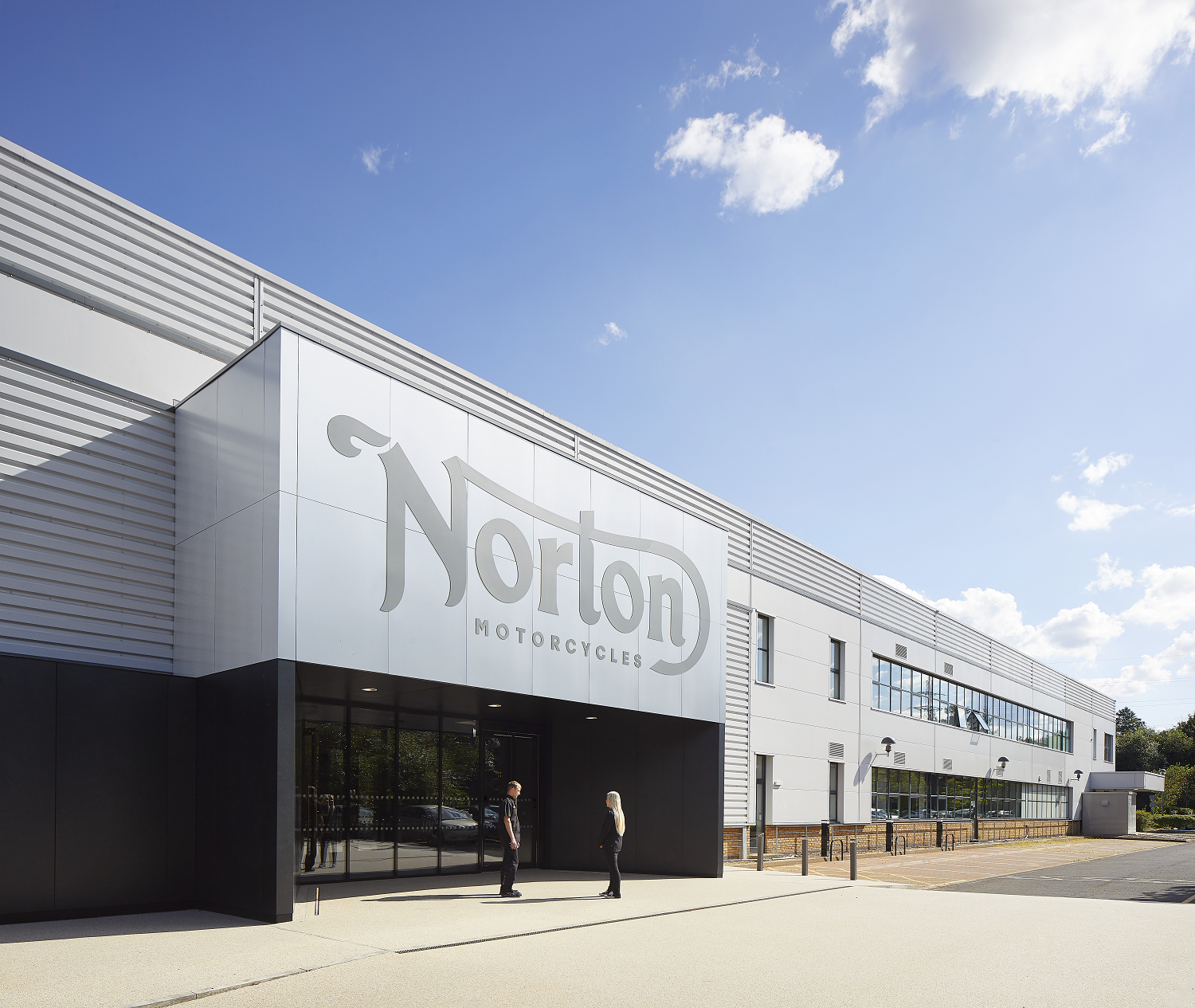
Norton’s electric project is aiming to eliminate the compromise of range or performance, while keeping distinctive Norton design traits.
“Guided by a design-led philosophy and a relentless commitment to perfection, the electric products will still look unmistakably Norton,” a Norton press release says. “The team will refine the traditional Norton design DNA, but with modern twists introducing industry leading innovations and digital solutions.
“Electric products to date offer either range or performance, as the weight and size of the battery compromise vehicle design.”
Norton says it aims to combat this compromise of range and performance “using the extensive engineering and design experience within the Norton team,” which it hopes will allow it to “eliminate that compromise while simultaneously delivering race performance and touring range.
The project does not stop at the bikes themselves, though, and Norton is partnering with six other brands to “develop world-class technology and products that will enhance the UK supply chain for all the critical components in electric vehicle (EV) technology including batteries, motors, chassis, cooling oils and vehicle to home chargers,” according to Norton.
These partners include Delta Cosworth, HiSpeed, Formaplex Technologies, M&I Materials, INDRA, and the Warwick Engineering Group (WMG) of the University of Warwick.
Each of the partners will have its own specialist area of the project. Firstly, Delta Cosworth will design the battery; HiSpeed will engineer and manufacture the electric motor and inverter; “Formaplex has expertise in precision composites manufacturing,” according to Norton; M&I Materials will work on dielectric cooling; INDRA will work on at-home charging; and the WMG will work on “battery technology, modelling and toolchain development.”
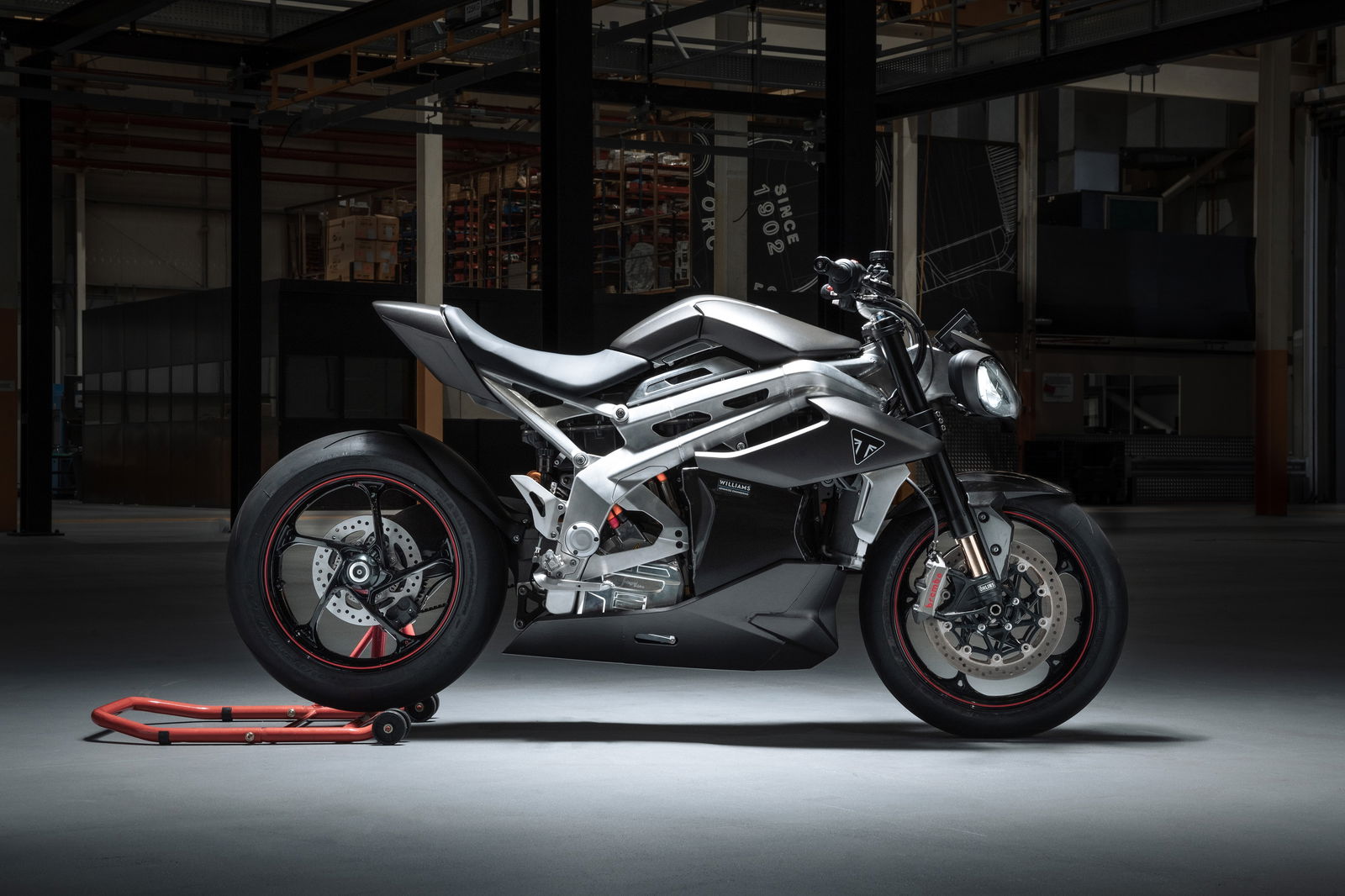
Those familiar with Triumph’s TE-1 electric project will already be familiar with the WMG, as they have also worked with Triumph on their prototype.
As a result of the partnerships Norton has made to carry out its electric project, Zero Emission Norton is expected to create “a significant number of jobs,” according to Norton, as well as allowing existing engineers to become “capable of electric motorcycle engineering.” Norton says, “This in turn will help address the UK skills shortfall in that space while helping the UK return to the position it last enjoyed in the 60’s, as the global technology leader for motorcycles.”
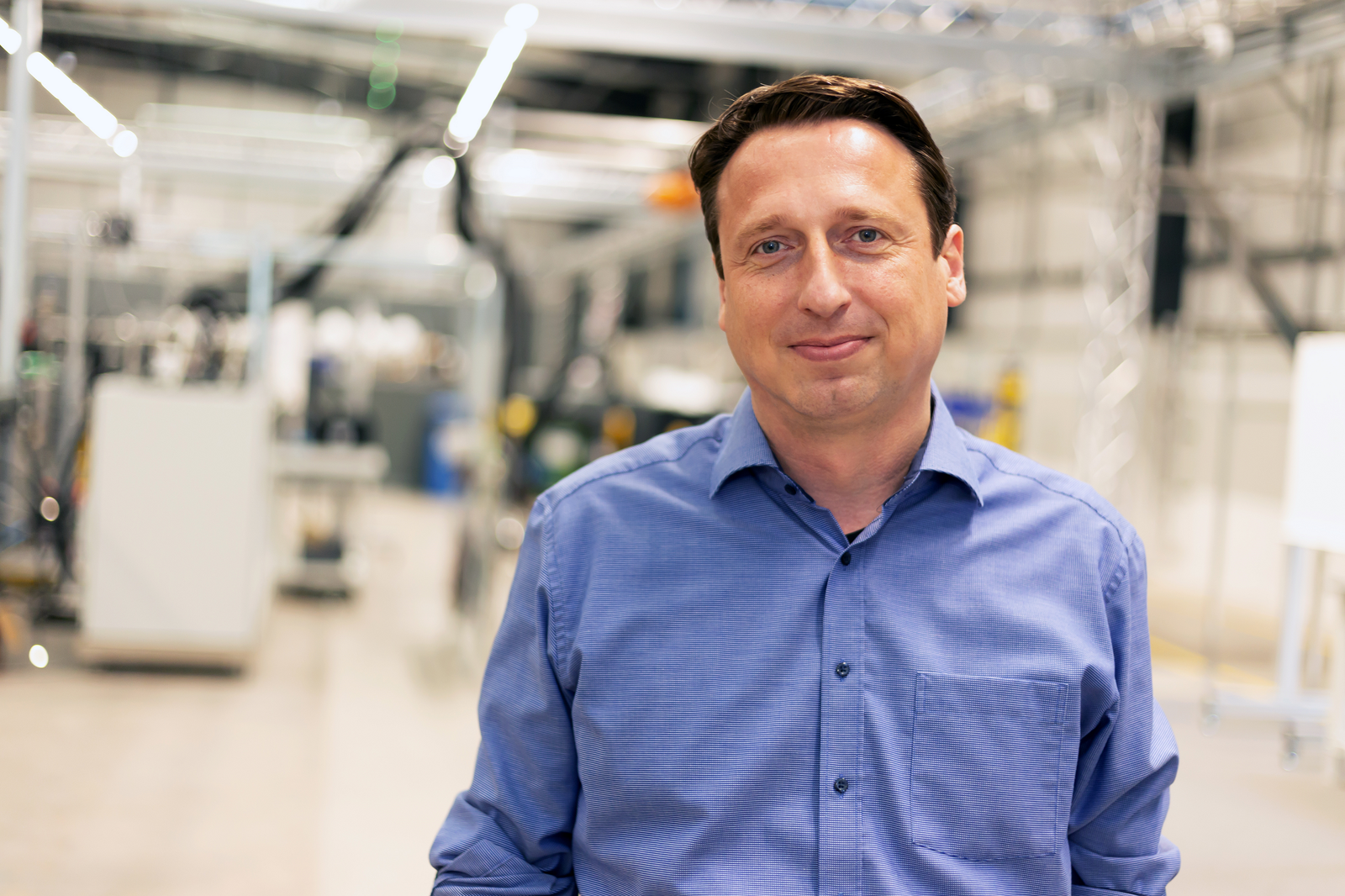
“This significant funding investment is a momentous milestone for the brand as it marks the beginning of our electrification journey and fulfilling our ten-year product plan,” said Robert Hentschel, CEO Norton Motorcycles. “Norton is an exemplar of modern luxury and unafraid to challenge the status quo, innovating for the future of mobility while staying true to our British heritage. It also brings into focus our desire to support the UK in its mission for a net-zero automotive future.
“Working alongside our world class partners, we’re confident that project Zero Emission Norton will eliminate the current dispute between a conventional and electric motorcycle to create EV products that riders desire – motorcycles that blend Norton’s uncompromising design DNA with racing performance, touring range and lightweight handling.”
Ian Constance, Chief Executive of the APC, added: “The projects receiving today’s investment highlight the breadth of technologies needed to help the UK accelerate to net zero emissions. They’re reimagining not just vehicles, but transport in general.”
Finally, Andrew McGordon, Reader, Energy Applications Group at WMG, University of Warwick, said: “WMG is excited to be a partner in this project exploiting our research in battery and systems modelling to develop a zero-prototype modelling and validation methodology, including predictive smart charging and vehicle to grid technology. We will bring extensive electrification experience to this project having worked across many sectors already.”
